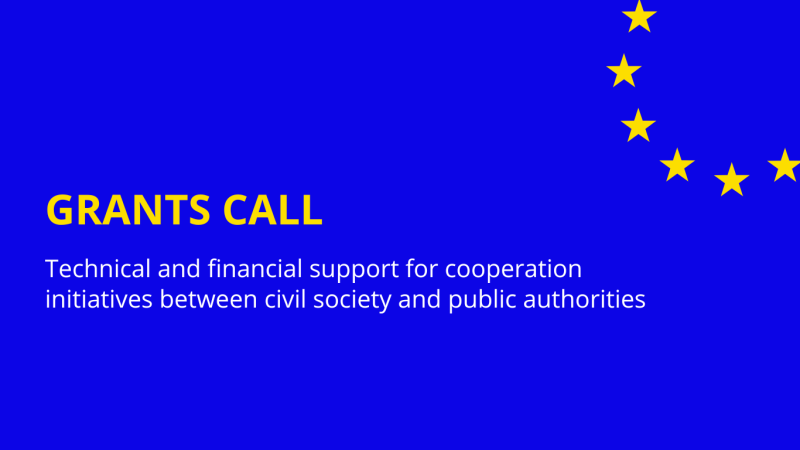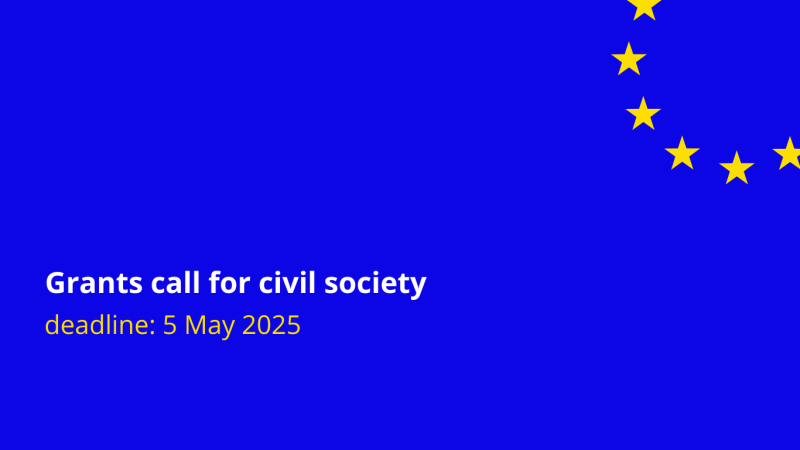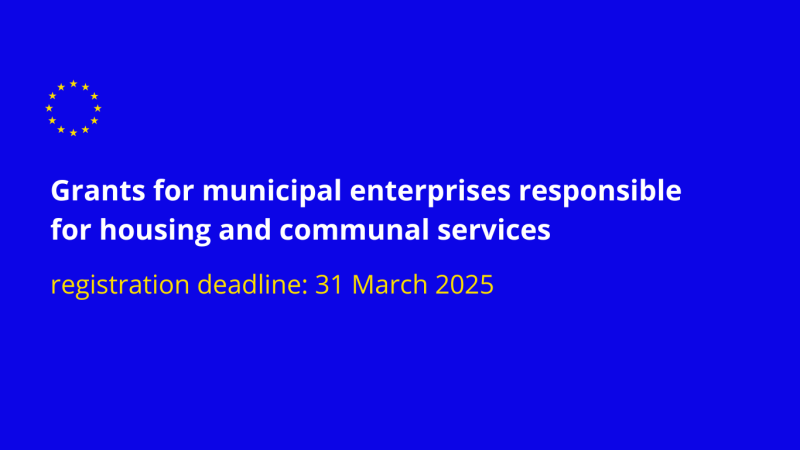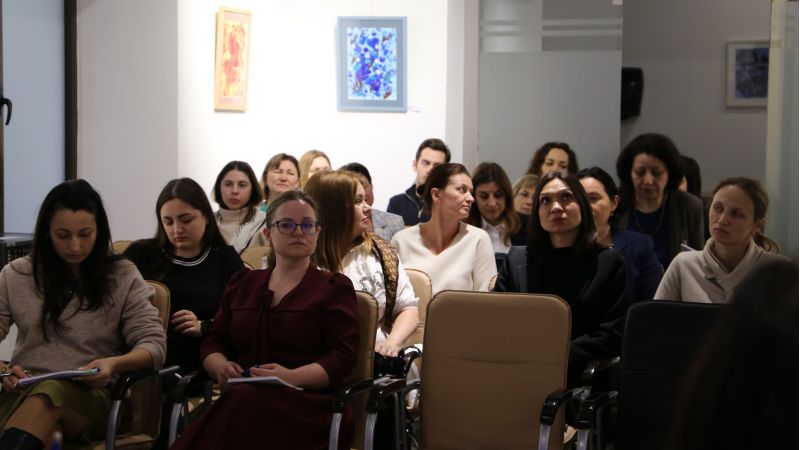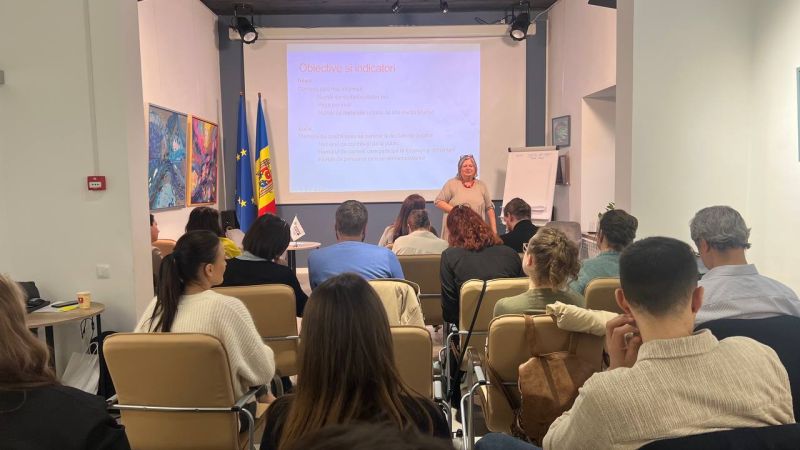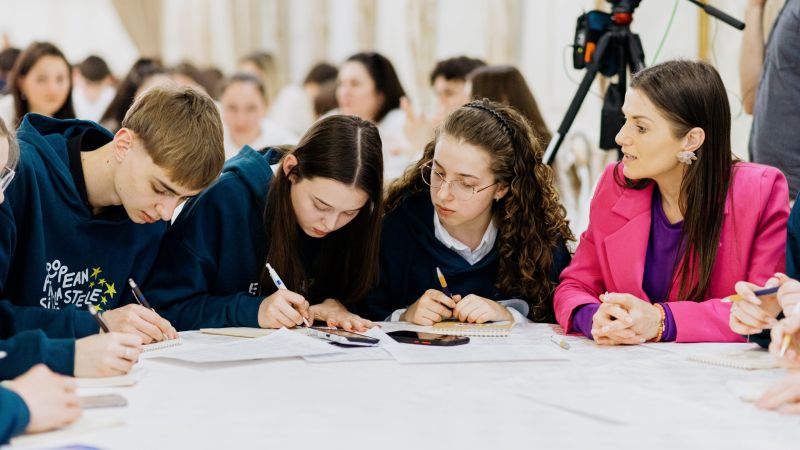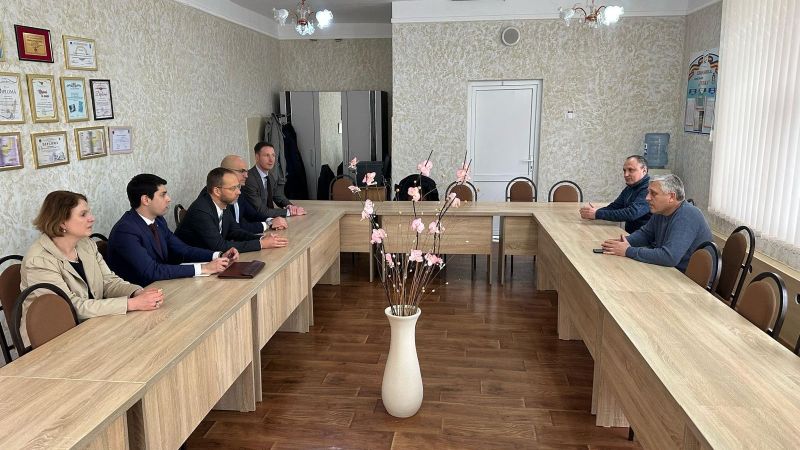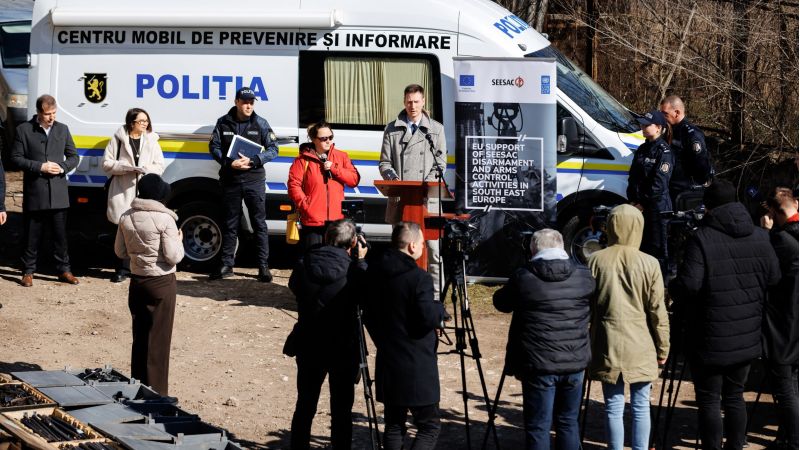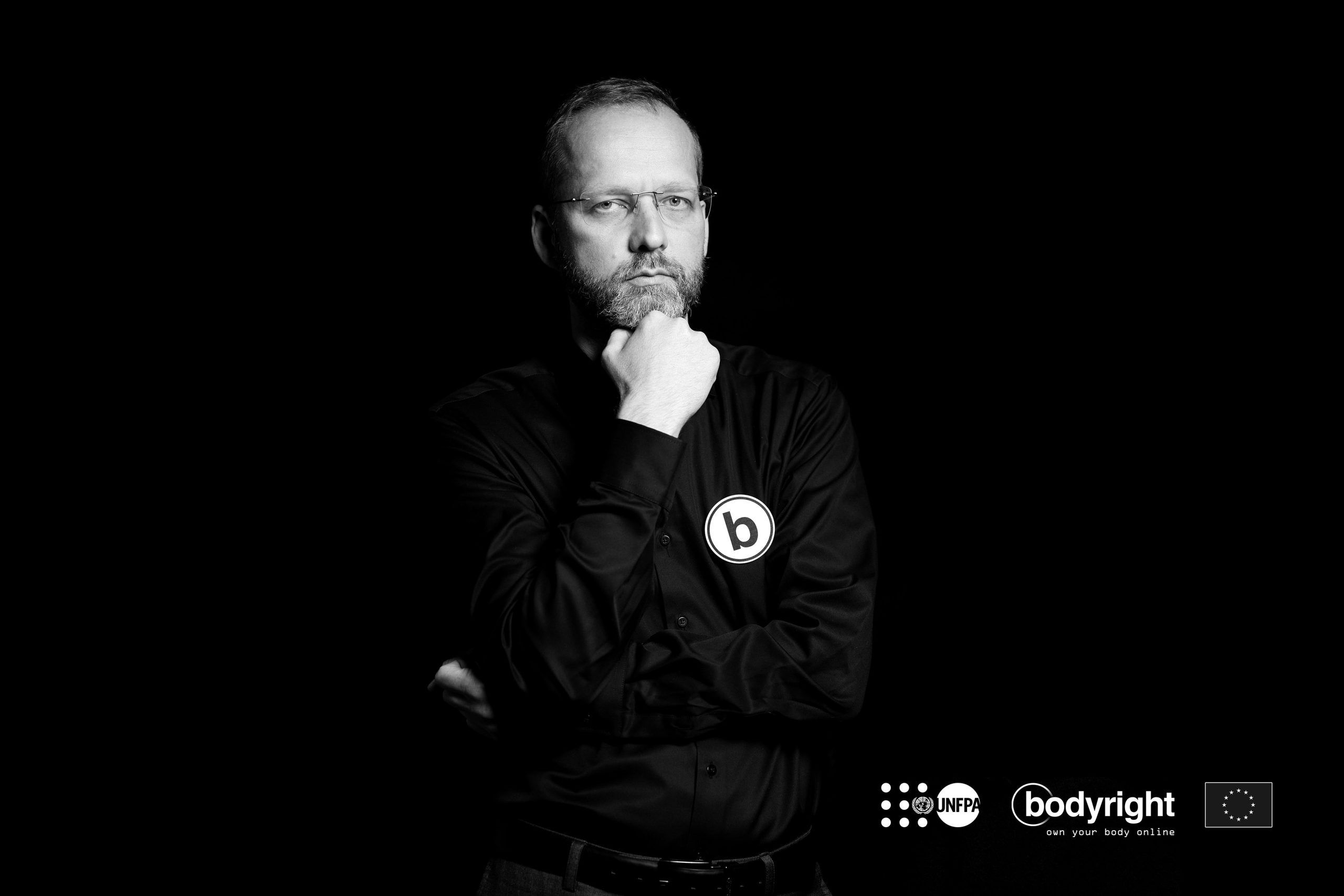
EU Ambassador to Moldova joins UNFPA campaign against digital violence towards girls and women
Dozens of influential men from the Republic of Moldova—decision-makers, artists, athletes, ambassadors, businesspeople, lawyers, and opinion leaders—have taken a proactive stance against digital violence and joined an online manifesto launched by the United Nations Population Fund (UNFPA) in partnership with the National Agency for the Prevention and Combating of Violence Against Women and Domestic Violence (ANPCV). This initiative is part of the “16 Days of Activism Against Gender-Based Violence” campaign.
From 25 November to 10 December, under the theme “United Against Digital Violence Towards Girls and Women!”, these men are sharing black-and-white photos on social media to promote a positive public discourse advocating for equality, mutual respect, and highlighting the solutions and measures necessary to increase the protection of girls and women in the digital space. Using the hashtag #bodyright, they call for the protection of human body images online and condemn all forms of misogyny and online harassment.
“In a time when digital violence is increasingly widespread, with women being the primary targets of online attacks, the involvement of men in combating these abuses is crucial. We deeply appreciate the commitment of male leaders who have joined this movement, as only together can we create a safer environment for girls and women, both online and offline,” said Karina Nersesyan, UNFPA Moldova Representative.
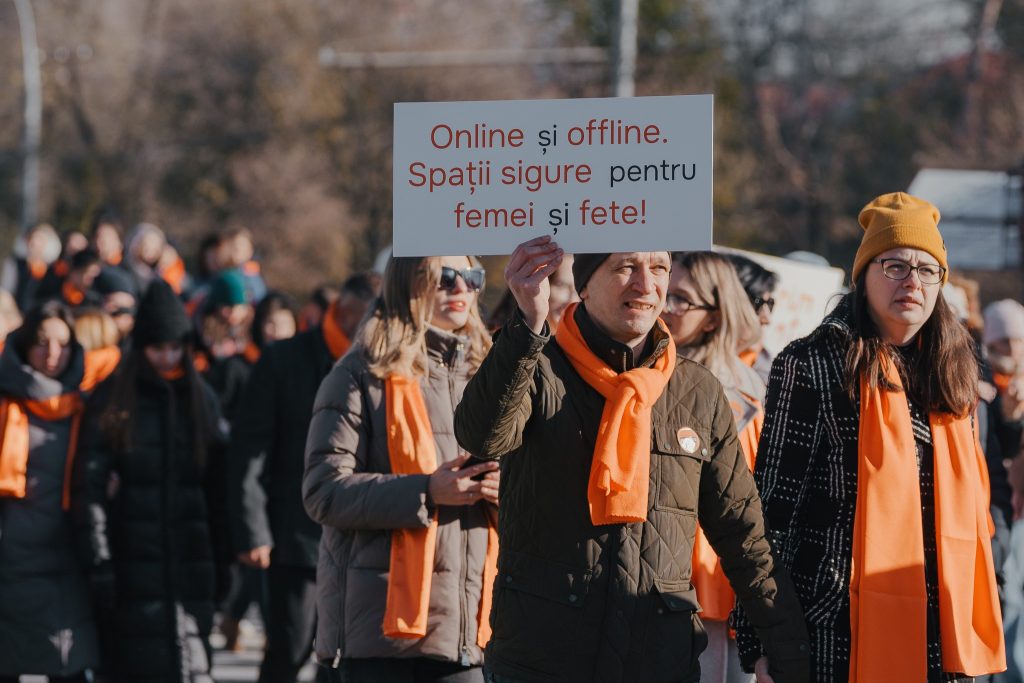
According to statistics, digital violence—such as online stalking, harassment, pornography blackmail, and AI-manipulated images—is a significant issue that demands collective attention. UNFPA data reveals that globally, 85% of women have either been victims of or witnesses to digital violence, while 95% of fake videos on the internet are of a pornographic nature. Whether online or offline, every woman should be free to express herself without fear, make her own decisions, and not be judged for them.
The President of the Parliament of the Republic of Moldova, Igor Grosu, has launched an online manifesto against this phenomenon, declaring: “In my capacity as a man, son, father, and colleague, I have chosen, and will continue to choose, to eradicate hate speech, misogynistic statements, and sexist jokes in our society, including on social media. Lately, in the age of digitisation, we are witnessing an increasing amount of fake information and videos that claim to be true but are only aimed at inciting hatred and harassing or intimidating people. Unfortunately, most derogatory images are created by men, and, dear men, the strength of a man is not measured by the abuses hidden behind a screen, but by respect, care, and involvement.”
The EU Ambassador to the Republic of Moldova, Jānis Mažeiks, has joined the initiative, stating: “The impact of digital gender-based violence is devastating—it threatens the safety, freedom of expression, and well-being of women and girls, limiting their participation in public life. But together, we can change this. Men and boys, in particular, have a critical role to play in combating violence. By saying NO to the abuse of women online, we can create safer spaces for women and girls, both online and offline. The European Union stands with the people of the Republic of Moldova, especially women and girls, to make the digital world a safer place for everyone.”
Viorica Șimbalari, Director General of the National Agency for the Prevention and Combating of Violence Against Women, said: “The progress made this year in aligning the legal framework with European norms reflects our common commitment to protecting our girls and women, wherever they may be—at home, on the street, online, or at work. Thus, through the amendments made to Law no. 45/2007, we have taken an important step by introducing the concept of ‘psychological violence,’ which now includes forms of digital violence.”
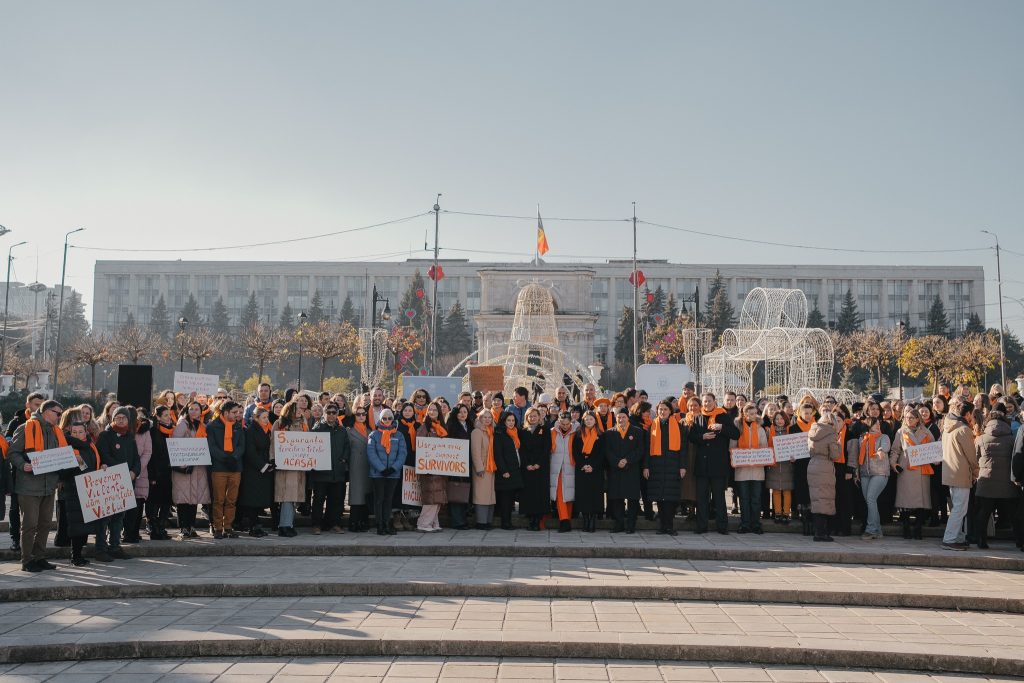
Viorel Cernăuțeanu, Chief of Police of the Republic of Moldova, stated: “The police continue to strengthen their efforts to combat digital violence, with both legal resources and specialised personnel available to protect victims and prevent such acts, acting promptly and firmly to create a safer space in the virtual environment.”
Dan Perciun, Minister of Education and Research, appealed to the educational community, students, and parents to protect the privacy of every individual, especially girls and women, who are most often the target of virtual attacks: “At the Ministry of Education and Research, we promote educational policies that prevent any form of online violence and bullying and combat all stereotypes towards girls and women. I urge the entire educational community, including parents and students, to be vigilant to the dangers of the virtual environment. Let’s join forces to protect the rights of every individual, especially girls and women, and to create safe spaces for all, both online and offline.”
Starting in 2023, UNFPA has been carrying out the #bodyright global movement in the Republic of Moldova, drawing attention to the need to protect the human body on the Internet. As part of this campaign, performer Dara, who was a victim of online violence, has also released a special song titled “Virtual Lovelessness,” which supports the cause of girls and women affected by this phenomenon.
The online manifesto will conclude with a public discussion in a televised talk show on public television, where women and men, including involved officials, will address the issue, share perspectives, and inform society about future actions. This collective effort aims to promote dialogue and generate significant changes in the fight against gender-based violence in digital spaces in Moldova.
